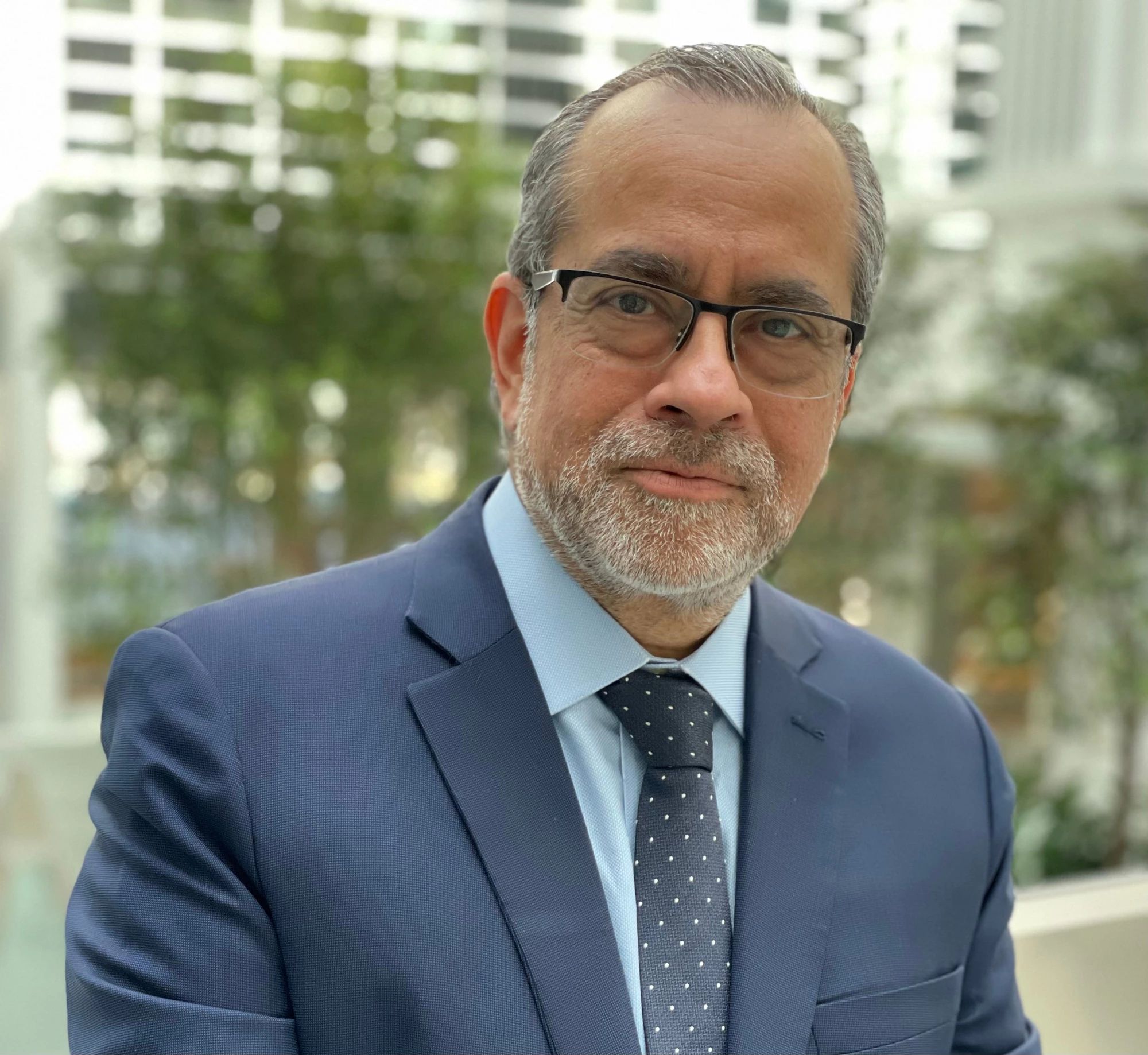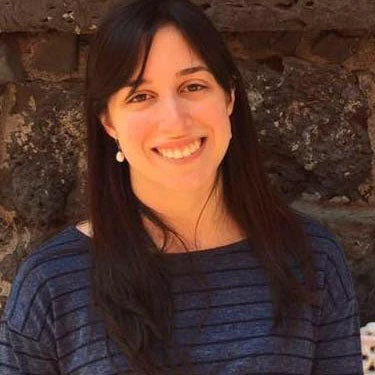 Structured pedagogy equips teachers with clear, achievable objectives, proven methods and resources, and practical training to improve their teaching in the classroom. Copyright: Jonathan Ernst/World Bank
Structured pedagogy equips teachers with clear, achievable objectives, proven methods and resources, and practical training to improve their teaching in the classroom. Copyright: Jonathan Ernst/World Bank
Every child should have access to a high-quality classroom learning experience that is joyous, transformative, and prepares them for life. That is not happening.
The pandemic exacerbated the global learning crisis, and an estimated 70% of children in low- and middle-income countries cannot even read a simple text by age 10. The need to recover and accelerate learning is urgent. The learning crisis can be solved. We know how to do it, using science-based approaches that improve teaching quality and learning outcomes.
Policies to drive learning recovery
In 2022 the World Bank and partners published the RAPID Framework, a menu of policies to drive learning recovery and acceleration. The framework calls for reaching every child and keeping them in school; assessing learning by measuring outcomes to track deficits and progress; prioritizing teaching the fundamentals instead of pretending to cover the whole curriculum; increasing the efficiency of instruction in the classroom; and developing psychosocial health and well-being.
Improving the efficiency of instruction – the “I” in the framework – lies at the heart of learning recovery and acceleration in the short run. All elements of the framework are necessary, but it is what happens inthe classroom, the interactions between the teacher and students, that drives learning. The linchpin is a teacher with all the necessary tools and support, and with the clear understanding that every single student must learn, and none should finish primary education without – at the very least – the ability to read with comprehension.
Structured pedagogy programs equip teachers with proven tools
One of the most effective approaches to improve the efficiency of instruction is a package of interventions frequently known as structured pedagogy, which consists of well-organized components that work together to equip teachers with clear, achievable objectives that each student must reach, proven evidence-based pedagogical methods and resources, and practical training to improve their teaching in the classroom. Its key elements are:
- Provide teachers with guides consisting of structured lesson plans aligned with student learning materials that give step-by-step guidance on how to teach each lesson to achieve specific learning objectives in the right sequence. Teacher guides can be designed along a continuum between fully scripted or structured. In some cases, the teacher will follow them closely, for other teachers, the guides will serve as an aid – whatever is more useful to each teacher.
- Provide support to teachers through training that helps teachers learn about, understand, and practice teaching with the lesson plans. As in many other professions and skills, you get better by practicing, so teachers must be able to see the lesson plans in action, and practice using them.
- Provide ongoing coaching to help teachers improve their use of the lesson plans. Ideally, this consists of classroom observation, followed by a coaching session where the teacher’s performance is discussed and they receive feedback.
Structured pedagogy interventions have been rigorously evaluated. For example, evaluations in Brazil, Kenya, The Gambia, and South Africa have shown improvements in student learning outcomes. A meta-analysis of 216 interventions to improve student learning in low- and middle-income countries found that structured pedagogy approaches “had the largest and most consistent positive effects on improving learning outcomes.” The Global Education Evidence Advisory Panel (GEEAP) has labeled “structured pedagogy“ and “teaching at the right level” as “Smart Buys” – interventions that are supported by a strong body of evidence and are also highly cost-effective.
The World Bank’s support to structured pedagogy programs
The World Bank is already working with Ministries of Education in numerous countries to deploy this package of interventions.
- In Colombia, for example, the Aprendamos Todos a Leer program provides structured pedagogy reading and writing materials to teachers in kindergarten and first grade. Teachers are also offered instructional coaching and support to help them use these materials effectively. The program has been shown to contribute to improved student learning.
- In Edo State (Nigeria), every teacher receives structured lesson plans, and their use is monitored through a permanently updated tablet. Schools are frequently visited by development officers, who support teachers by conducting regular classroom observations and providing individualized feedback.
- In Mozambique, the Aprender+ program focuses on improving reading outcomes in Grades 1 and 2. Teachers receive structured lesson plans, in-person training, and ongoing coaching throughout the school year. Aprender+ will be scaled up nationwide through the MozLearning project.
Implementing and scaling up structured pedagogy programs
Implementing structured pedagogy approaches is not simple, but it is doable. First, lesson plans must be well-designed and implemented with fidelity. Teachers must constantly assess students’ learning and continue with the lesson sequence only when students have mastered the content. Teachers can group students to support those who are staying behind. Teachers must recognize coaching sessions as a space for professional growth, not a space to be judged. Second, the program must be implemented at scale, in thousands of classrooms. This requires a system – from the local level to the national level – that creates the right conditions in schools: a school leader who supports teachers and facilitates coaching; local educational authorities who monitor implementation and ensure all inputs are in place; and a ministry that designs and implements the whole system, and keeps all actors accountable for delivering results.
Science-based approaches to improve learning exist, and they can help solve the learning crisis. The challenge is to implement at scale. That is not easy, but the multiple success stories worldwide demonstrate that it is possible.



Join the Conversation